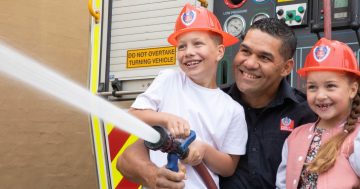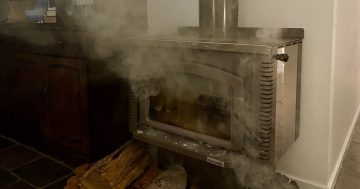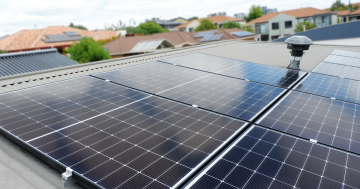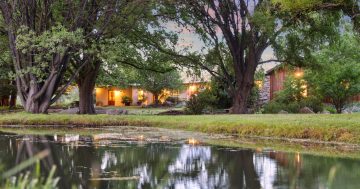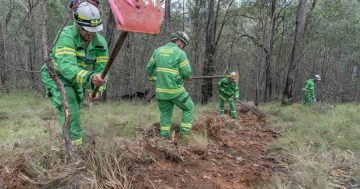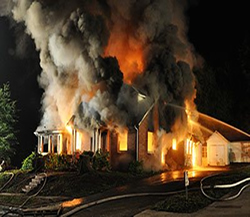 Firefighters in the Country Fire Authority (CFA) and Fire Rescue Victoria (FRV) found themselves responding to an average of 3,000 residential fire incidents across the State in the past year with more than 240 caused by heating systems.
Firefighters in the Country Fire Authority (CFA) and Fire Rescue Victoria (FRV) found themselves responding to an average of 3,000 residential fire incidents across the State in the past year with more than 240 caused by heating systems.
According to Acting Chief Officer of the CFA, Garry Cook, home heating systems vary and can include fixed electrical or gas-powered appliances, portable electrical, gas or kerosene heaters, as well as open fires and wood heaters.
CFA’s A/Chief Officer Cook said that as we begin to spend more time indoors, Victorians should ensure they have their gas and electrical heaters serviced every two years to safeguard their loved ones from fire.
“We’ve already seen CFA respond to 23 heater fire incidents this year, and we’re only just entering the winter season,” A/Chief Officer Cook said.
“We know from last year’s data that most fires that resulted in serious injuries and fatalities started in lounge rooms and sleeping areas, and for those lounge areas, these were mostly sparked by heating systems that at times were not working properly and when located too close to flammable materials,” he said.
“A common mistake we are finding is households are keeping their drying clothes too close to heaters and fireplaces, so it’s best to ensure they are at least one metre away from all heating.
A/Chief Officer Cook said regardless of when we turn a heater on, we need to be mindful to turn it off before leaving the house or going to sleep.
Fire Rescue Commissioner Gavin Freeman said the colder months are some of the riskiest times of the year for fires in the home and most of these fires can be prevented.
“Taking a few moments to check your heaters and fireplaces before winter sets in could mean the difference between life and death for your family,” Fire Rescue Commissioner Freeman said.
“Make sure your heaters are regularly cleaned, serviced, or checked by a certified technician. Don’t leave portable heaters unattended and always supervise children near all types of heaters,” he said.
“Don’t forget to check in on any outdoor heaters you may have as well, ensuring the area they are positioned in is flat, has good air flow and away from objects that can catch alight.
“As their purpose is to be outside, never use your outdoor heaters or cooking equipment inside your home, as it can lead to deadly build-up of gases.”
The two fire-fighting champions urged potential victims to keep their heating devices well-maintained and remember that 10-year long-life battery or interconnected smoke alarms located in all bedrooms and living areas of the home can save lives for as little as $20.


